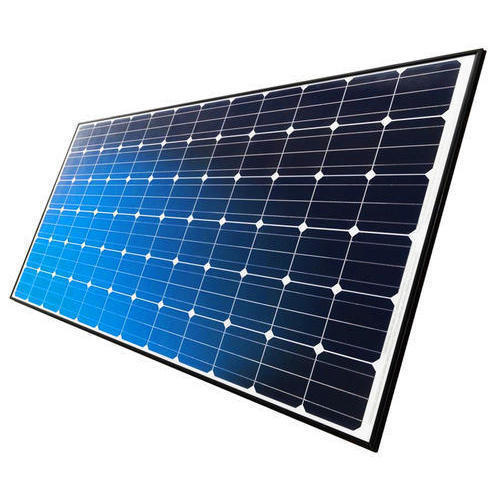
1. Addressing the problems in government subsidy
It is recommended that relevant settlement mechanisms for subsidy arrears be established as soon as possible. The simplest and most feasible way is to follow the example of Germany by directly increasing the price of the current renewable energy from 0.19 yuan/kWh to 0.3 yuan/kWh. If the solution makes no difference, green bonds which are subsidized by government can be considered for distribution in the short term.
2. Optimizing policies pertinent to photovoltaic power generation
It is necessary to establish coordination mechanisms for financial institutions, the energy sector, the Ministry of Industry and Information Technology (MIIT) and other departments, and to study and formulate plans for solar project bond issuance so that PV market in future will be more scientific, rational, transparent and predictable. That will reduce the impact of market volatility on the industry. Concerning the scale of specific indicators, it is recommended that bidding mechanisms be comprehensively implemented in 2019, and the power grid price ceiling should be established too, so as to ensure on the premise that the total amount of new subsidy is controllable, scale indicators can be increased and manufacturing businesses can keep a certain amount of shipments. Plus, considering the differences between the price of industrial and commercial electricity and that of residential electricity, we should clearly define and set subsidized electricity prices for industrial, commercial, and household use respectively based on distributed photovoltaic power generation projects. In addition, we should further implement the construction of photovoltaic leading bases, arrange grid-connected time nodes in batches on a semi-annual or quarterly basis to relieve stress from centralized power supply.

3. Reducing the non-technical expenses of power station projects
It is advisable to adhere to the principle of supporting the development of renewable energy, to specify tax standards for the land occupied by photovoltaic power plants in accordance with the lower reference limit of the existing tax policies, and to carry out supervision to ensure what local government and companies have done conform to the tax policies on the land taken up by floating solar PV projects. For those projects built by construction agents like enterprises, if the power grid cannot be repurchased, there can be an incease of 0.01 yuan to 0.02 yuan per kilowatt hour concerning the price of electricity, based on a scientific measurement on the total amount of electricity and different voltage levels.
4. Enhancing international cooperation
With the further development of the Belt and Road Initiative (BRI), it is necessary to capitalize on the competitive edge of the solar photovoltaic industry which focuses on export-oriented development. Solar PV enterprises should keep abreast of the times, take part in international production capacity cooperation, and explore emerging markets such as South America, Central and Western Asia, Africa and so on to grow business globally. At the same time, PV companies should develop self discipline in the process of "going global" and avoid the vicious cycle of price-based competition. Government will coordinate the financial channels such as Silk Road Fund, (Asian Infrastructure Investment Bank) AIIB, China Development Bank (CDB), and Ex-im Bank to support solar PV companies to build factories or develop photovoltaic infrastructure in the BRI region. (Editor: Claire Jeawin)